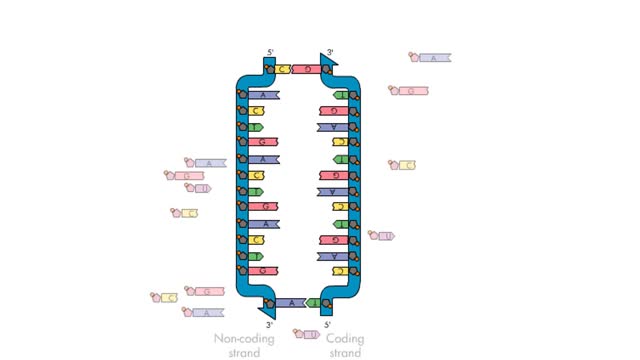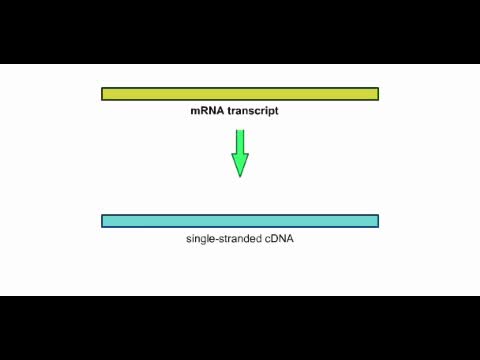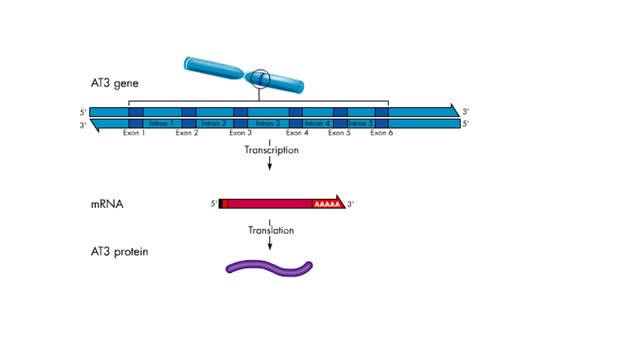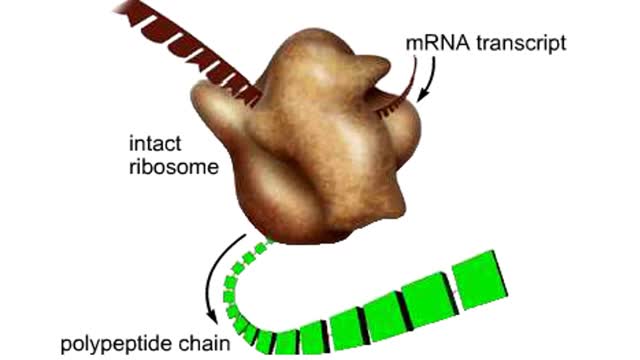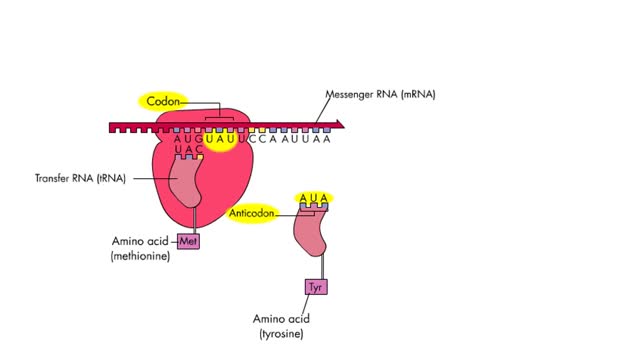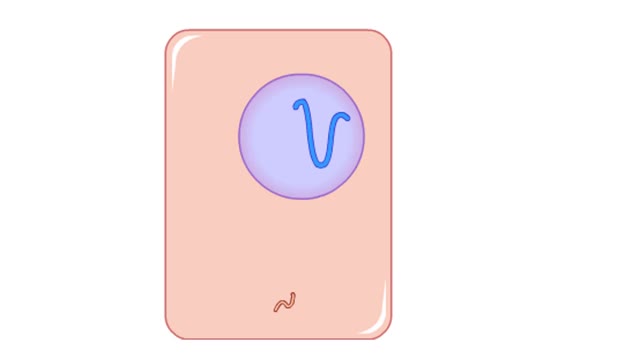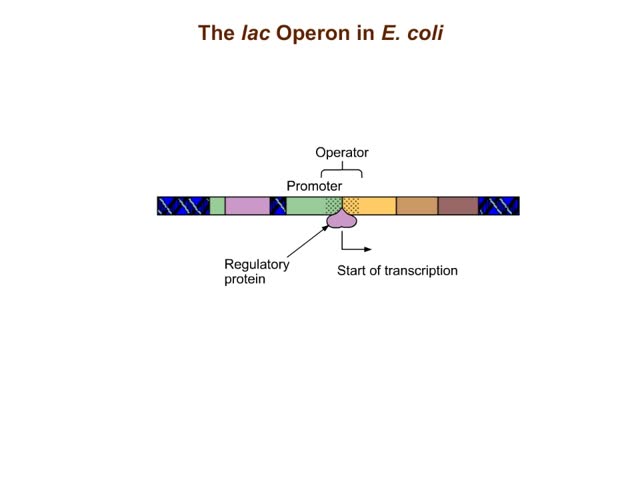Search Results
Results for: 'mRNA'
Transcription—A molecular view
By: HWC, Views: 7272
Transcription, as related to genomics, is the process of making an RNA copy of a gene's DNA sequence. This copy, called messenger RNA (mRNA), carries the gene's protein information encoded in DNA. During transcription, a DNA molecule is copied into RNA molecules that are then used to translate...
By: HWC, Views: 6063
This animation shows how an mRNA transcript can be used to make a cDNA strand.
Transcription - Introns and exons
By: HWC, Views: 8608
In most eukaryotic genes, coding regions (exons) are interrupted by noncoding regions (introns). Exon - RNA sequences in the primary transcript that are found in the mRNA. Intron - RNA sequences between exons that are removed by splicing. During transcription, the entire gene is copied ...
By: HWC, Views: 8457
The structure and function of the mammalian ribosome. The mammalian ribosome consists of two subunits, one small and one large. Each subunit is assembled in the nucleus from rRNA and structural proteins. Once assembled, the ribosomal subunits are shipped separately to the cytoplasm. ...
The 4 steps of translation Animation
By: HWC, Views: 7461
Translation is the process of formation of a polypeptide chain according to codon present in mRNA. The four steps of translation are: Activation or charging of tRNA Initiation – recognition of start codon, binding of ribosomal subunits to mRNA and formation of initiation complex with Met-tR...
HIV replication/ Replication cycle of HIV
By: HWC, Views: 8777
Replication cycle of HIV, one of the retroviruses. The HIV virus is surrounded by a lipid envelope with embedded proteins. A coat of viral proteins surrounds two strands of RNA and the enzymes used during replication. The virus attaches to and enters the host cell. Viral reverse trans...
By: Administrator, Views: 15731
The lac operon (lactose operon) is an operon required for the transport and metabolism of lactose in Escherichia coli and many other enteric bacteria. Although glucose is the preferred carbon source for most bacteria, the lac operon allows for the effective digestion of lactose when glucose is no...
Advertisement



